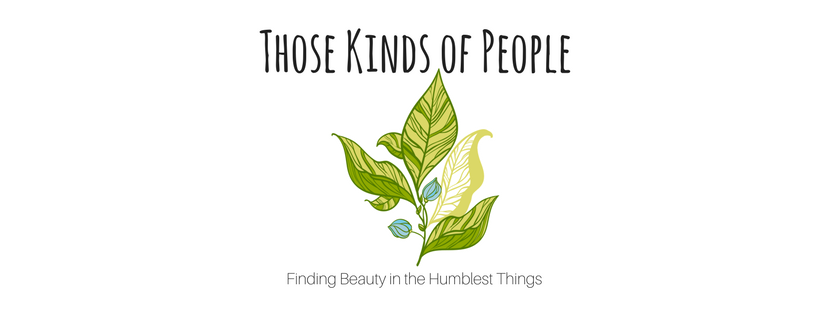
I’ve had a few people express interest in our school schedule and how our days are ordered. I’m still tweaking it a bit, as I’m definitely not a “by a schedule” person and have realized that I forgot to add in a few things (namely time to read to the two littlest and time for myself to just be still with a cup of tea.)
I’ve also had several people ask me what resources I recommend for character training.
Now that’s a loaded question, isn’t it?
Because I still feel like we’re slogging through character issues every single millisecond of the day.
I’m writing this post with fear and trembling, knowing that I’m imperfect and my kids are too. Here are a few of the character training resources that we use on a frequent basis. Note: I’m not getting any compensation for these recommendations; they’re just tools that our family has used over the years.
By all means, if I’ve missed one that your family loves, please comment with it! I love to hear your recommendations!
The Bible
Because there is no guidebook to compare. We use these three versions to read the Bible to our children. I prefer the Vos version, because it’s written as a narrative, but Sally Lloyd-Jone’s is beautiful as well. I tend to read the Vos to everyone, and the Lloyd-Jones and Taylor to the youngest two. I hesitated to recommend the Kenneth Taylor Bible, because they’ve redone the illustrations into cartoon characters instead of the original paintings, and it has lost some of its beauty. But if you can find an older copy, they’re worth it. Especially great for 2-4 year-olds, as the Bible stories are only a page long.

Somedays, I lose my voice. As a mom of four extraordinarily rowdy kids and a history of respiratory disorders, it happens more often than I’d like. On those days, I’ll often use the Bible.com app on my reader that has a read-aloud function, and my kids will get to listen to the sonorous notes of some man’s voice while I rest my vocal cords.
Kids’ Devotionals and Hero Stories
Leading Little Ones to God, The Biggest Story, and The Ology are all lessons in doctrine for kids, told in engaging ways. If you’re starting very young, I’d start with The Biggest Story, move on to Leading Little Ones to God, and then continue on with The Ology. The Biggest Story is not long at all, and only provides a very basic overview of the story of scripture. Leading Little Ones to God is a basic primer in “who is God? Why did He make me? How can I know Him?” and The Ology covers all of that as well as “What is adoption? What does it mean to be chosen by God? What is sanctification?”
Hero Tales is a series of books about heroes, taking character traits from the lives of prominent Christian characters and including Bible verses to go with them as well as discussion questions. These are more appropriate for 8 to 10 year-olds, but I use some of them with the kids at this point and just edit out details they don’t need to know at this age.
Little Pillows/Morning Bells/Morning Stars are definitely written in older language, but my kids love them because there is a VERY short verse at the top of each lesson that I have them repeat several times. These are sweet and affirming to them.
Our 24 Family Ways are 24 affirmations that Clay Clarkson wrote for his kids about character qualities that they wanted to have. It includes definitions for each character trait as well as statements that are basic definitions of how they wanted their family to operate. i.e. “In our family, we read the Bible and pray to God every day with an open heart.” So if a child is fussing about listening to a Bible story because they woke up on the wrong side of the bed, we just say, “_____, I understand this is not what you want, but in our family, we read the Bible and pray to God every day with an open heart, so I will ask you to sit and listen quietly.” It’s not a book of rules, but a book that helps you define what character qualities you want in your kids. I have made up songs for all of the character quality definitions, which makes it really easy for during conversations of discipline and instruction, I can just say “Sweetie, that wasn’t being gracious. What is graciousness again?” It helps the kids get on the same page as us.
There are a few more resources we use as supplements to these books:
- Seeds Family Worship: Scriptural songs that
- Slugs and Bugs Sing the Bible: Hilarious and well done scriptural songs from Randall Goodgame.
- Songs for Saplings: Honestly, these are not our “style” of music, but they help kids remember doctrine and biblical truths in a way that mere repeating them could.
- The New City Catechism app: We’ve been going through these catechism questions very slowly (one a month or so) and only using the kid answers.
I hope this list of resources help you as you start building a basis for biblical character in your kids’ lives and hearts. Proverbs 24:3-4 says “By wisdom a house is built, and through understanding it is established; through knowledge its rooms are filled with rare and beautiful treasures.” These tools are ways that you can build up treasures in your children’s hearts, and I hope you find them to be useful.
